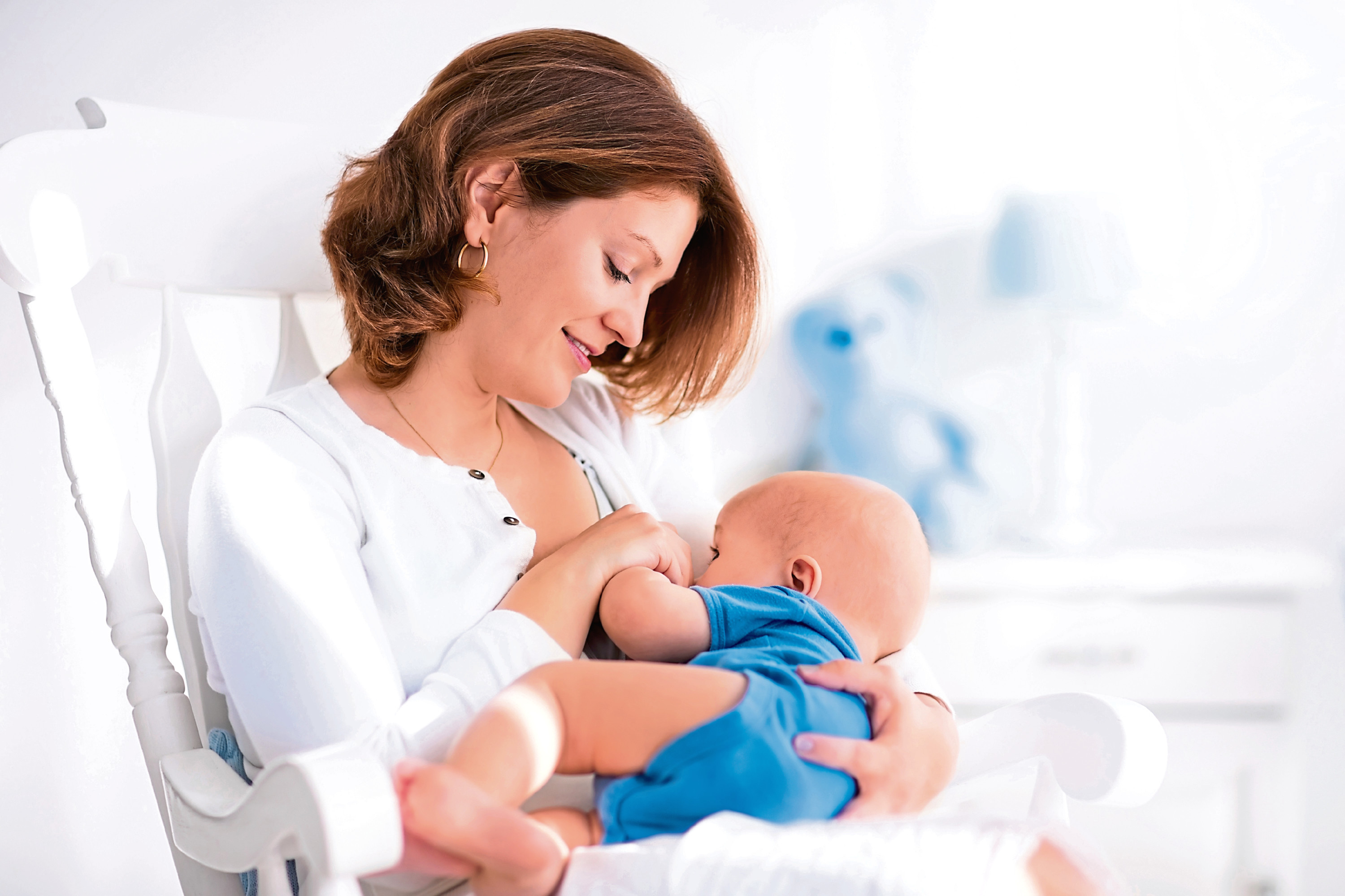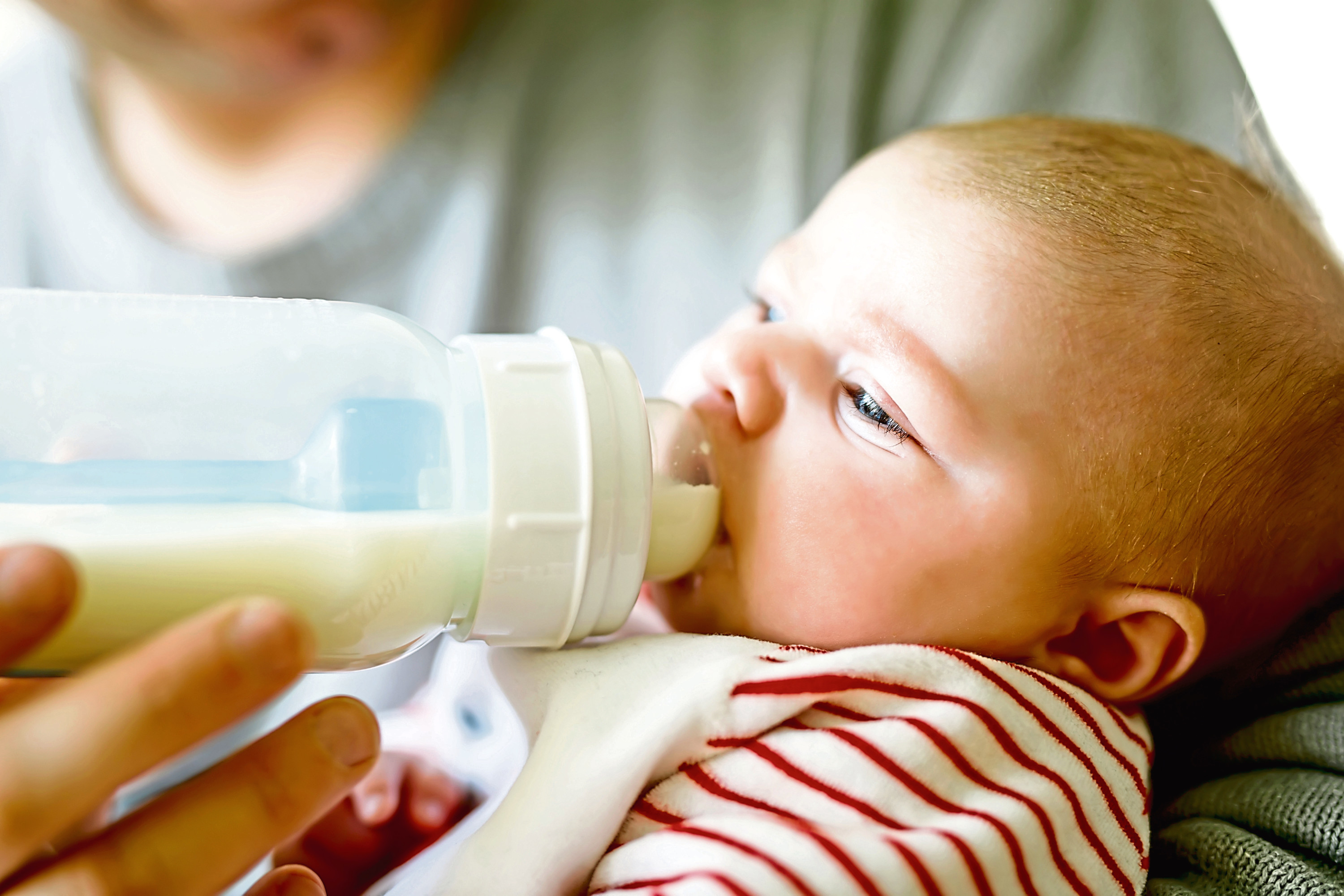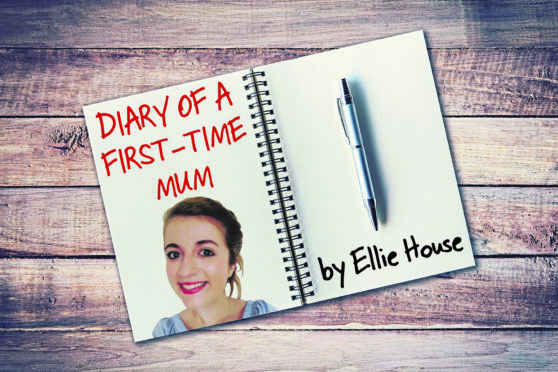When my son was eight weeks old, I forced myself to get out of the house and attend my first mother and baby group. To those who are lucky enough not to have attended such a group, it poses an opportunity to get out the house and meet other parents.
For many parents, it can prove a lifeline if you find a group which works for you. On this occasion, I did not. Held at a church hall, I nervously stood in the doorway before entering the fray. The organisers greeted me with wide smiles as we did the standard chit-chat about age and sleeping habits. I was about to sit down when a question caused me to pause, partly in disbelief.

“And are you feeding him yourself,” asked a woman, who I had met less than five minutes ago. I’ve encountered some tricky people in my job as a features writer. I’ve interviewed Alex Salmond and been flung from a sleigh during husky racing. Yet I couldn’t tell a stranger about my feeding routine. What she meant of course, is was I breastfeeding. The holy grail of motherhood. I nodded weakly and she beamed. I had passed the test.
I prayed my son wouldn’t wake up for a feed, for I would then have to take his bottle out the bag and admit we were formula feeding. We were formula feeding because he had been rushed to neonatal at birth, so we were unable to have skin to skin – the process so important in establishing breastfeeding. We were formula feeding because he just couldn’t latch on properly, and I didn’t want a hungry baby. But most importantly, we were formula feeding because it was my choice. It was my choice as a parent to feed my baby the way I saw fit.
In hindsight, I should have told her that no, I wasn’t feeding him myself. I had, in fact, trained our Jack Russell in making a bottle. I haven’t attended the group since.
My son is now four months old and I am repeatedly asked that question. The only difference is that it doesn’t faze me anymore. The wording could do with some work, however. It suggests that those who bottle feed are somehow not as involved in the feeding process. You haven’t soothed your child’s cries at 2am, carefully checking the temperature of the milk. You’re less of a mother for not doing it “yourself”. People can’t seem to openly say “are you breastfeeding,” perhaps because it really doesn’t have anything to do with them in the first place.
We all know breast is best. From my very first midwife appointment, this was impressed upon me. I attended talks on breastfeeding, where formula was practically demonised. I was left in no doubt that should I choose not to breastfeed, I was letting my son down.

As my pregnancy progressed, I grew more uneasy at the mounting pressure. The day after his birth, I sat shell-shocked in bed attempting to express colostrum, often referred to as liquid gold. The tiny droplets were poured into a syringe, ready to feed to my son. He spat said liquid gold out.
The hours I spent with a breast pump meant I lost precious time getting to know my little boy. Breast may be best scientifically speaking, but mentally, I’m not so sure. Breast is best, except when it’s not.
In those early weeks when I was overcome with postnatal depression, it wasn’t best. It wasn’t best to keep turning my baby’s head towards my chest as he fought against it. It wasn’t best when he latched on painfully, and I cried from exhaustion. As health professionals waxed lyrical about the benefits, not once did they mention that breastfeeding can be incredibly hard and isolating. It was painted as easy and natural, the ultimate act of motherly love. I was told of support groups where feeding experts would help. The existence of such groups is wonderful. But the poor latch wasn’t really the issue.
The sadness which hung over me like a cloud was far more pressing and partly caused by the pressure to breastfeed in the first place.
When my son was about 11 weeks old, he latched on one night without pain. The moment brought tears to my eyes, this time of joy. I was finally doing my job. I couldn’t see that the past three months had already created an unbreakable bond, which had nothing to do with breastfeeding. I couldn’t see that my son was healthy and developing perfectly. And it is only recently, when my confidence as a mother has grown, that my anger at the pressure to breastfeed has also steadily increased. When fellow mums tell me they aren’t breastfeeding, they often feel the need to justify their reasons. Perhaps they had a horrific birth, or their supply wasn’t enough to produce weight gain for their baby.
Often, women limp on despite the fact that breastfeeding isn’t working for them. They are urged to continue by health visitors, midwives, the neighbour three doors down. In a world where we are demanding equal pay, shared parental leave, and more opportunities in the workplace, no woman should have to justify how she feeds her child. I don’t know a single mother who doesn’t want what’s best for her baby. Yet should we choose not to breastfeed we are painted as failing. Women simply can’t win, for if you manage to breastfeed you have an entirely different battle to undertake.
I have felt acutely uncomfortable breastfeeding in public, attempting to cover up. Although Aberdeen is a breastfeeding-friendly city, there’s still the fear that you may be told to go elsewhere. In the past, women have fed in toilet cubicles or been told to leave restaurants.
Just as I have felt uncomfortable breastfeeding, I’ve felt equally wary taking out a bottle. I’ve shot fellow bottle-feeding mums a look of solidarity. I’ve even cropped a bottle from a treasured picture, so as to avoid any comments on social media. It is only now as my son hurtles to each milestone, that I am confident in my choice. I am happy to tell anyone who asks that he is combination fed. I don’t follow it up with an explanation. I simply kiss his perfect head and keep on walking.
I salute breastfeeding mums, but my respect for those who bottle feed is equal. There are thousands of mums who breastfeed with no issue. Choosing not to continue, or to give up, as critics would say, doesn’t make you less of a parent. I highly doubt that in years to come, my son will blame a poor grade on the fact he wasn’t exclusively breastfed. But he will always know he is loved. That in the early days, I took in every detail in awe. I still do.
Breast or bottle, I am a mother, doing what I know to be best.
